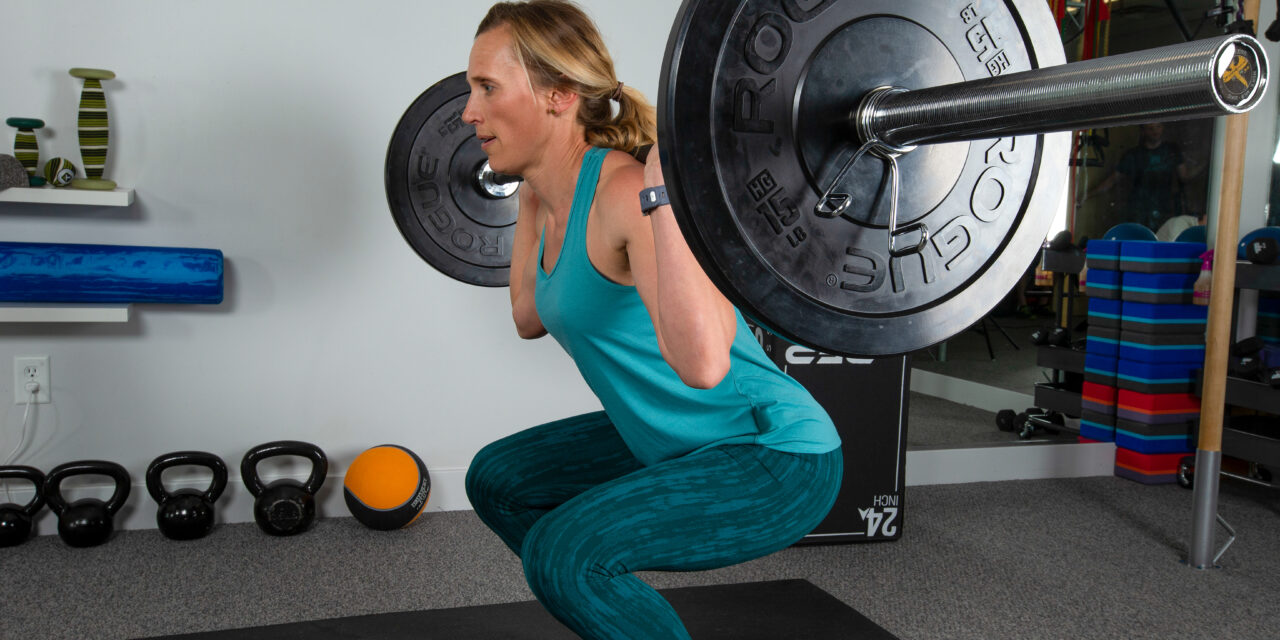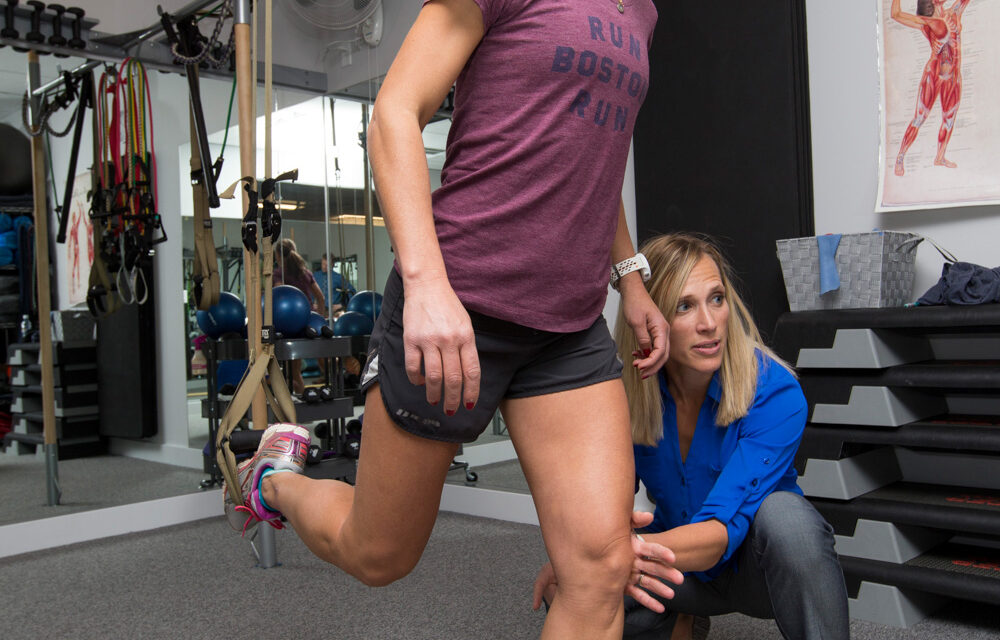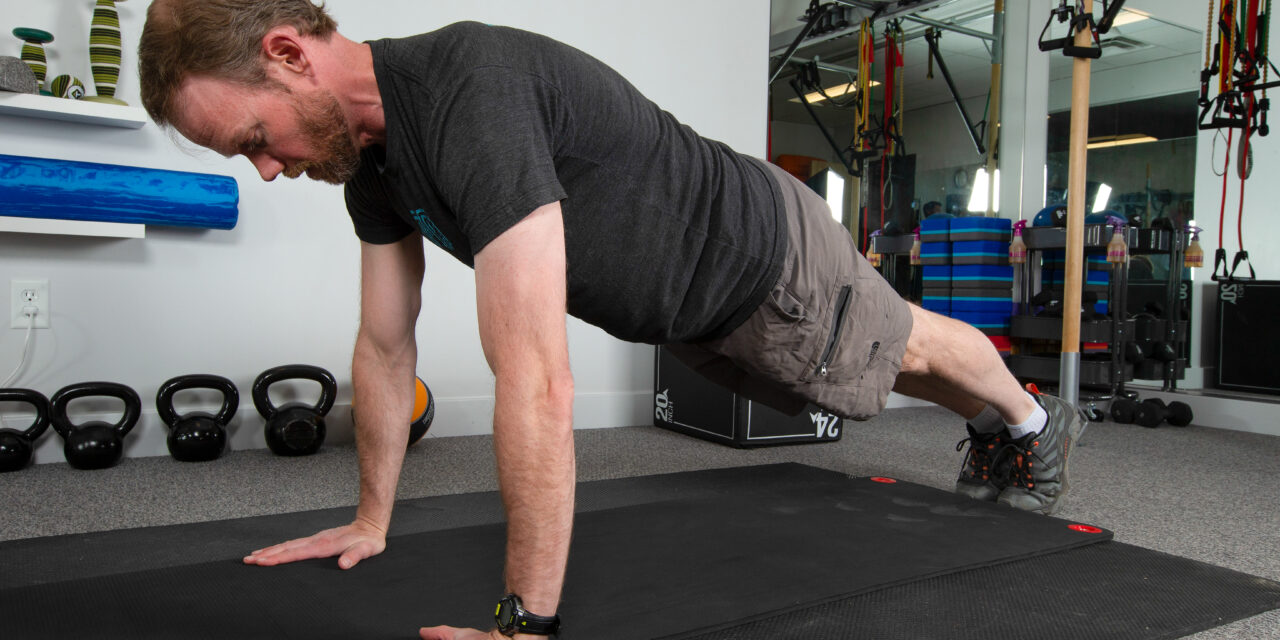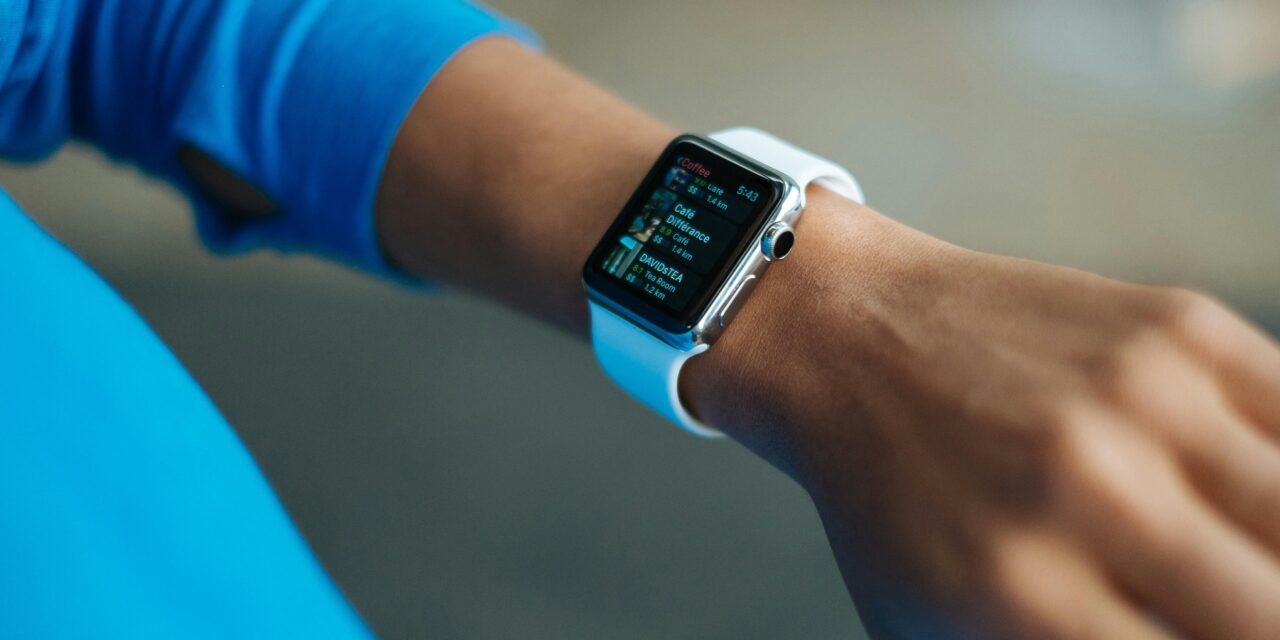Reducing Future Cancer Risk With Exercise
Exercise remains one of healthcare’s most powerful interventions for improving a participant’s mental, emotional, and physical health. Research also supports active participant’s have significantly lower risks of future diseases including heart disease and cancer compared to their sedentary peers. National and international guidelines are well established on the minimum durations of activity needed each week...










